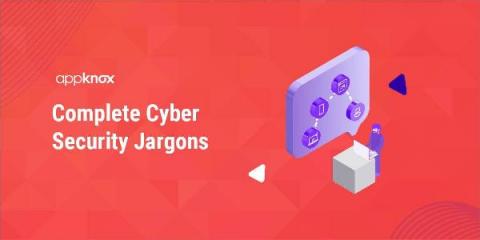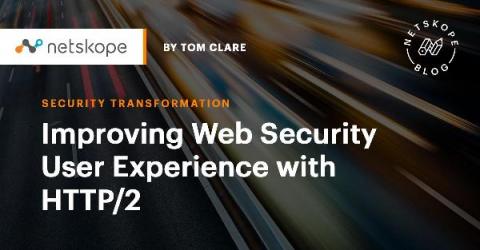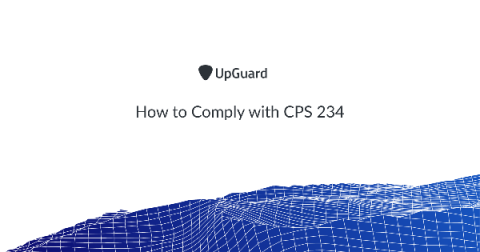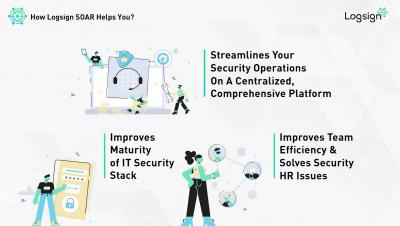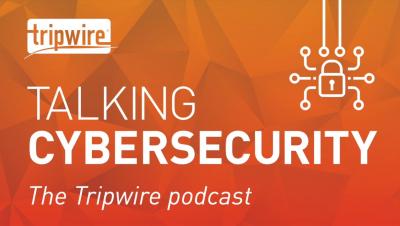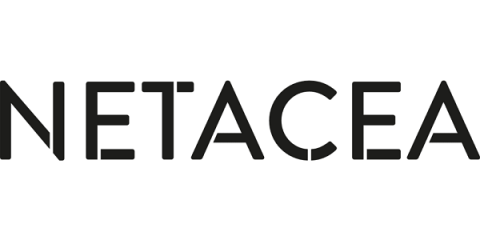Complete Cyber Security Jargons by Appknox
Cyberattacks are getting common and their impact is quite severe. Security breaches are no longer limited to a few large tech companies. Cybercriminals have rapidly altered tactics and started targeting several Small and Medium Enterprises (SMEs) as well. Today, companies, big or small, are targets of ransomware, viruses, malware, bots etc. Hence, it is important to understand some of the common cybersecurity keywords or jargon.


